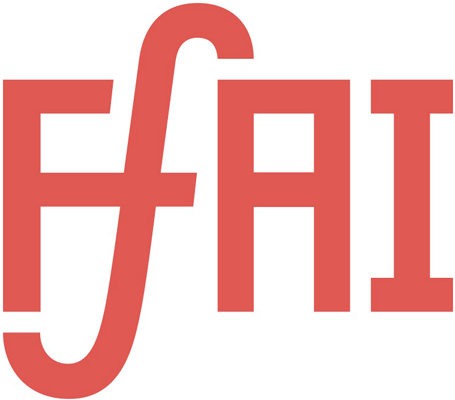Miglena Nikolchina
Glossary as Commons: Glitches in the Network
Museum of Contemporary Art Metelkova (+MSUM)
Maistrova 3, Ljubljana, Slovenia, Seminar Room
Antonio Negri’s conceptualization of the commons as an “artificial” formation that “resides in languages, images, knowledges, affects, codes, habits, and practices” opens a novel perspective on a number of relatable notions which have emerged throughout history: agora, republic of letters, world literature, heterotopia, etc. Neither private nor public, the commons, like language, needs sharing in order to produce, create, and grow. And yet we know that some languages are more common than others. With reference to Boris Buden’s observations on failed translation, this talk will expand his question about “what went wrong” to the glossary as a critical aspect of the commons.
Miglena Nikolchina is a writer, literary historian and theorist whose research bears on interactions among literature, philosophy, political studies, and feminist theory. She is a professor at the Department of Theory of Literature at the University of Sofia, Bulgaria. Her writing has been motivated by a lasting interest in the (para)human as process and transformation, and in the artificial being as an artistic and philosophical challenge. It is in this context that she investigated, that she investigated the historical contexts and structural impasses of the discursive achievements and failures of two grand projects from the second half of the 20th century: the feminist and the East European “velvet” revolutions. Her publications in English include the books Matricide in Language: Writing Theory in Kristeva and Woolf (2004) and Lost Unicorns of the Velvet Revolutions: Heterotopias of the Seminar (2013) as well as a number of papers, among them “Inverted Forms and Heterotopian Homonymy: Althusser, Mamardashvili, and the Problem of ‘Man’” (boundary 2, 2014).
Glossary of Common Knowledge is a part of a five year programme The Uses of Art – Legacy of 1848 and 1989 led by L'Internationale confederation of museums. Supported by Ministry of Culture of the Republic of Slovenia and the Culture Programme of the European Union.
 |
 |
 |
 |